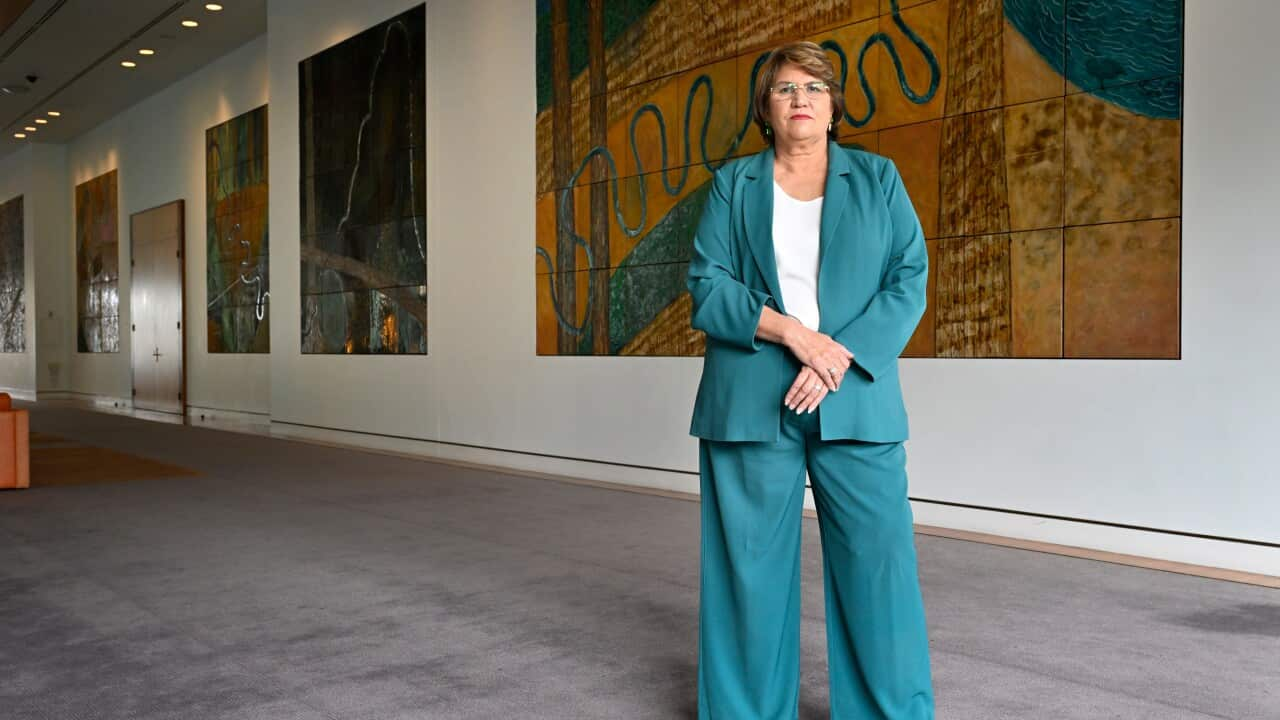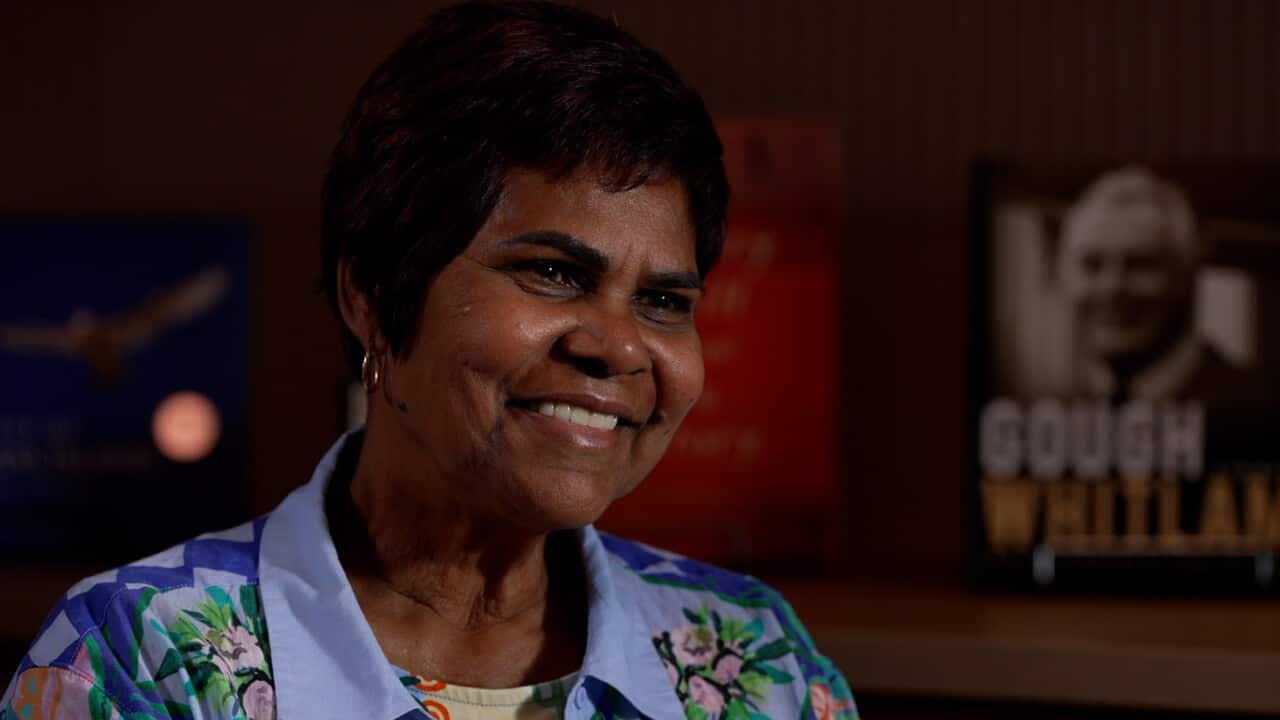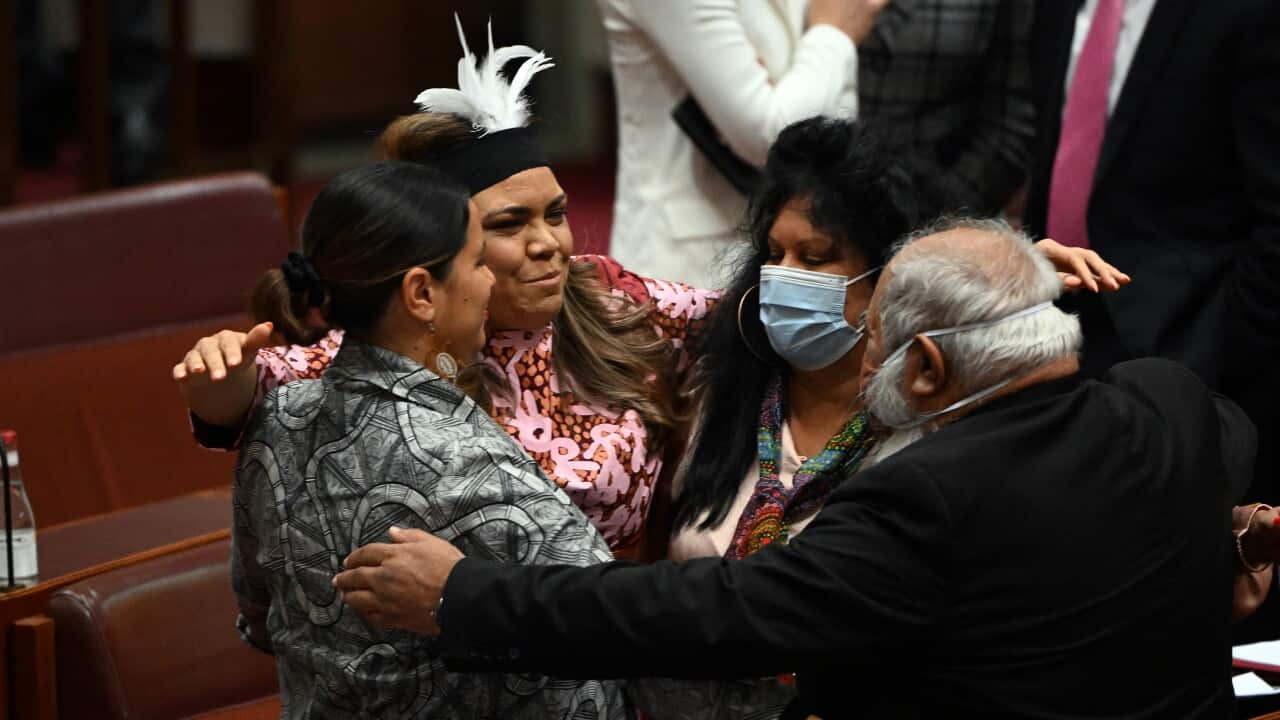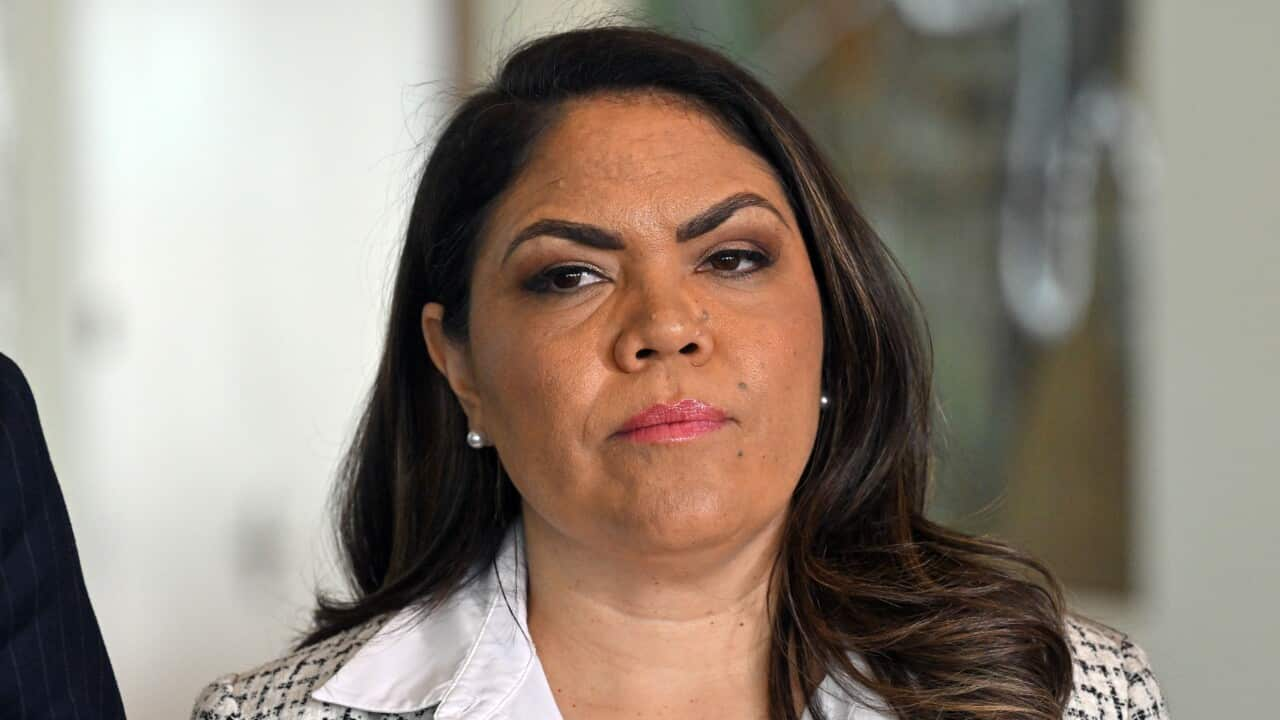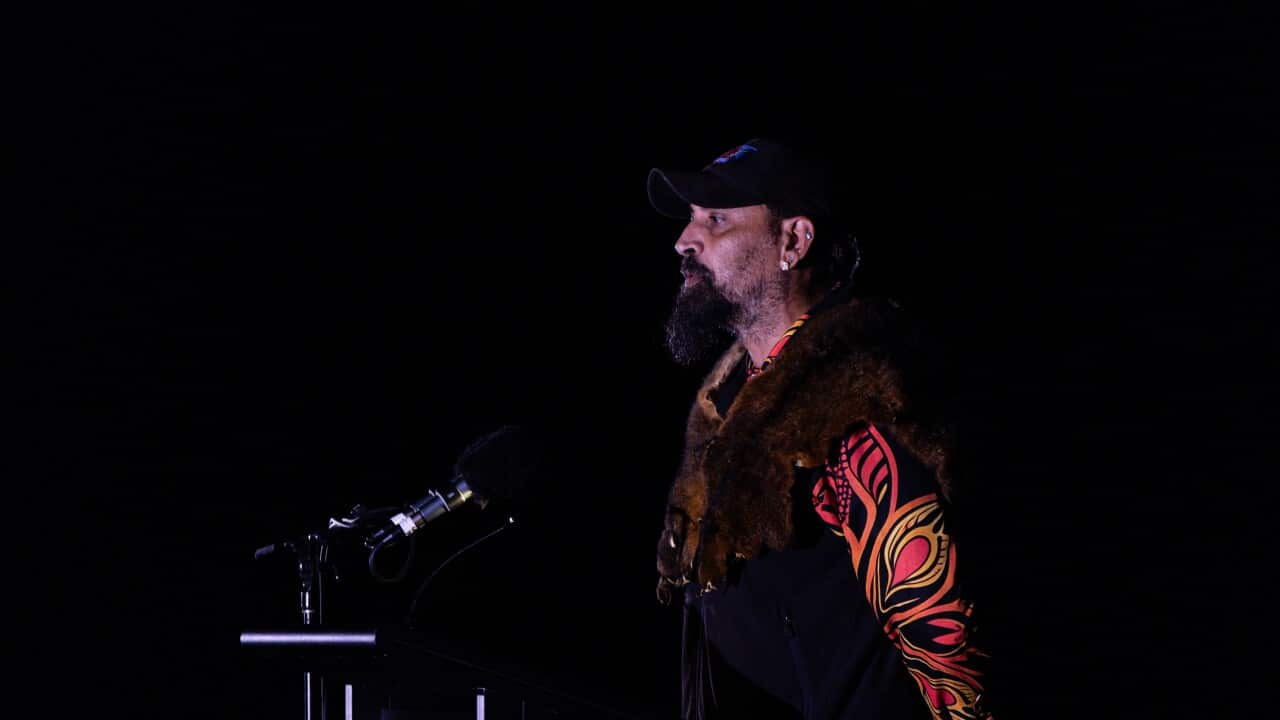Senator Kerrynne Liddle has renewed her call for the return of the cashless debit card and an audit of Indigenous service spending, arguing the current system lacks transparency and is failing Aboriginal people.
“Where’s the audit of expenditure across the decades?" she said, speaking to Living Black's Karla Grant.
“Where is the transparency of where that money has gone?”
Liddle, an Arrernte woman and Liberal Senator for South Australia, says she has consistently pushed for tighter oversight of Indigenous funding.
“I don’t think we do anyone any service by lowering expectations,” she said.
“I want to see the same level of expectations that apply to any other Australian.”
A key focus of Liddle’s advocacy is the now-scrapped cashless debit card, a scheme that quarantined up to 80 per cent of welfare payments on a government-issued card, prohibiting alcohol and gambling expenses and cash withdrawals.
“I have not spoken to one woman in Central Australia who doesn’t want the cashless debit card,” Liddle said.
“Mums and grandmothers and aunties and sisters who know what’s going on in their communities and want a say in how the solutions are applied.”
While Liddle points to support of the card, independent evaluations — including one commissioned by the former Coalition government — found no clear evidence the card reduced alcohol harm or improved financial outcomes.
Many Aboriginal organisations and human rights groups deemed the program racially discriminatory and disempowering, saying it lacked genuine community consent.
The Albanese government abolished the scheme in 2022, citing evidence of harm and stigma. Liddle maintains the removal was premature.
“The voices of people who’ve been impacted by the removal of the cashless debit card are loud and they are consistent,” she said.
Flags, the Voice and Election Priorities
Senator Liddle also defended Opposition Leader Peter Dutton’s decision not to stand in front of Aboriginal and Torres Strait Islander flags at official events.
“The Australian flag is the flag of our nation, and so I have no difficulty with standing in front of it,” she said.
“We are representing the Australian people with the Australian flag. I don't want to ever see a place where our [Aboriginal] flag is sitting on our warships.”
The Aboriginal and Torres Strait Islander flags have been formally recognised as official Australian flags since the 1990s.
Today, they are flown alongside the Australian flag at public institutions across the country as a symbol of shared identity.
As debates over flags, Welcome to Country ceremonies and the Voice to Parliament resurface during the election campaign, many Indigenous leaders are warning that key structural issues — including housing, health, education and justice — risk being sidelined.
When asked about a vision for the future, Liddle focused on the mistakes of the Voice, describing it as 'the thing that I think has had the greatest impact in my life on division in this country' and criticising the government for what she called 'overreach' in seeking constitutional change.
Meanwhile, Aboriginal organisations continue to call for urgent action on longstanding inequalities, with Closing the Gap data showing that outcomes in areas like housing, incarceration and early childhood development are worsening.
Housing, Justice and Economic Visions
Housing remains a priority for the senator.
“Issues of housing are really important. Issues of education are really important. The issues that impact disadvantage are common everywhere.”
Recent Closing the Gap data corroborates this, identifying secure housing as key to improving health, education and justice outcomes.
Despite this, major new housing investment does not feature prominently in the Coalition’s platform heading into the election.
Speaking to Grant, Liddle framed Indigenous disadvantage through the lens of personal responsibility.
“We need to see our kids in school, not on the streets,” she said, calling for "high expectations" across all communities.
Liddle’s emphasis on individual choices comes alongside a Coalition platform proposing cuts to Centrelink services, a freeze on Medicare expansion, audits of Indigenous spending, and reductions in public sector jobs — measures that critics say could deepen poverty and economic exclusion.
Housing advocates warn that cuts to the federal public service and a greater reliance on private sector delivery risk stalling new builds in remote communities — worsening overcrowding and compounding health and education challenges.
The Coalition has also proposed new law and order measures, including stronger policing powers and tougher sentencing, particularly for young offenders.
Aboriginal legal advocates suggest that without equivalent investment in housing, health and education, a policing-first approach risks further entrenching over-incarceration of Aboriginal people.
A focus on responsibility
Senator Liddle’s election in 2022 marked a milestone as the first Aboriginal woman elected to federal parliament from South Australia.
Throughout her career, Liddle has consistently emphasised the importance of economic participation, personal agency, and high expectations for Aboriginal people — values she said were instilled in her from a young age growing up in Alice Springs.
Liddle argues that individual opportunity will drive better outcomes.
“I want people to have safe homes, to go to school, to be healthy and have the ability to live their best life.”
As the election campaign unfolds, questions remain about how different policy approaches will tackle the longstanding challenges of housing, health, education and justice for Aboriginal and Torres Strait Islander communities.
Living Black airs Mondays at 8.30pm on NITV and is available on SBS On Demand.

